Peanuts for Birds
Peanuts are a great choice for your bird feeder! Not only are our wild birds peanuts super popular with all manner of garden birds, they're also an excellent source of nourishment. Among their many benefits, peanuts for birds are:
- High in protein
- Rich in nutritional oils
- A source of healthy vitamins and minerals
Peanuts for birds are a phenomenal source of nutrients for all manner of species - from tits and nuthatches to the great spotted woodpecker. Peanuts are a highly popular treat that leaves remarkably little waste, making this a highly convenient feeding option for your feathered visitors.
Here at Really Wild Bird Food, we supply a wide range of tasty peanuts for birds, as well as a selection of bird-friendly peanut butters. Whether you're ordering our easy-to-digest peanut granules or serving up a more fulsome feast in the form of our premium Argentinian peanuts, we're confident that your birds will love everything we have to offer.
To order your wild bird peanuts, choose from the products listed below or give us a call on 01489 896785.
Featured Products
Peanuts for Birds - Wild Bird Peanuts FAQs
What birds eat peanuts?
Peanuts are a delicious and healthy snack enjoyed by all manner of wild birds, including:
- Blue Tits
- Woodpeckers
- Doves
- Crows
What peanuts are suitable for wild birds?
Peanuts produced for human consumption are NOT suitable for wild birds. Some peanuts contain a naturally-occurring toxin that can be dangerous for birds. That's why it's important to buy peanuts that are specifically intended for birds.
The following peanuts are NOT safe for birds to eat:
- Salted peanuts
- Peanuts with flavourings or coatings
- Roasted peanuts
Are peanuts good for birds?
Yes - peanuts offer a great balance of oil and protein, both of which are necessary for energy and good health. Peanuts also have a lot of calories, which is another good reason to leave some out for your feathered friends to enjoy. During the cold winter months, wild birds need as many calories as they can get!
How are peanuts grown?
Peanut plants are annual herbaceous members of the pea family. There are two main types: runner and bunch. Most peanuts flower 6 to 8 weeks after planting. While the plants flower above ground, the pods develop below. Each pod yields 2 to 3 peanuts.
At harvest, the whole peanut plant is uprooted and turned upside down to expose the pods to the heat of the day, which dries them out. Although native to South America, peanuts are now grown across many continents in hot climates including China, India, the USA, Nigeria, Indonesia and Argentina.
Where do our wild bird peanuts come from?
We source the very best peanuts from reputable suppliers in a number of different countries, paying particular attention to the seasonality and success of their respective peanut harvests. That is why our peanuts for birds sometimes vary in size, colour and oil content. All of the peanuts we buy have been rigorously tested in their country of origin before export, and are re-tested when they arrive in the UK.
One of the main diseases that can affect peanuts is caused by a fungus called Aspergillus flavus. If growing conditions are moist and the peanuts are not properly dried out, the Aspergillus fungus can develop between the kernel and the skin of the peanut, producing a poisonous mycotoxin called aflatoxin that's highly toxic to both birds and mammals. All of our peanuts are accompanied by a certificate of 'nil detectable aflatoxin'.
How to store your peanuts for birds
Store bird peanuts in cool, dry conditions. Avoid warm, humid places (for example, do not keep your peanuts in a utility room next to a tumble dryer). We recommend removing them from the bag and putting them in a dry, sealed container. This will help to keep moisture out.
What kind of feeder should I use for wild bird peanuts?
We offer a wide range of peanut feeders to help you serve up these tasty treats to your garden birds! Many of our peanut feeders come with a caged or mesh design, allowing birds to peck away at the peanuts and eat their fill.
If the weather is wet, check your peanut feeder every 2-3 days for signs of blackening. If the peanuts go black, discard, clean your feeder and replenish with fresh peanuts.
For more information about our peanuts and how to feed them to your garden birds, please get in touch.
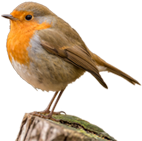

Welcome to Really Wild Bird Food!
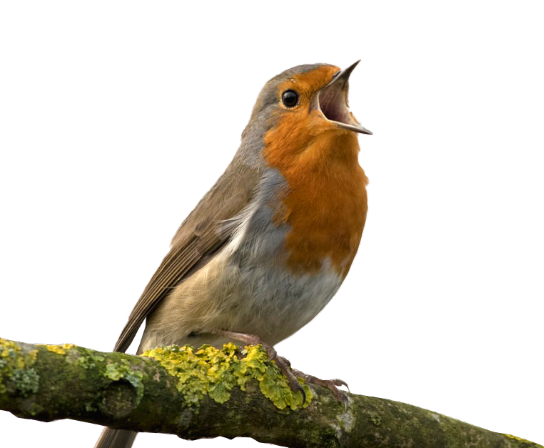

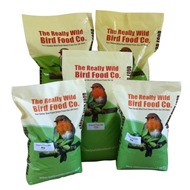














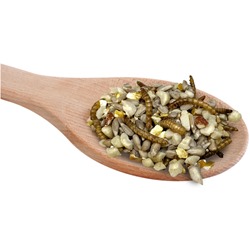
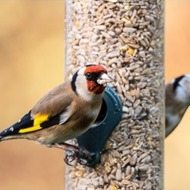





















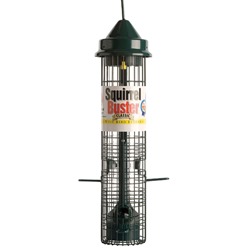
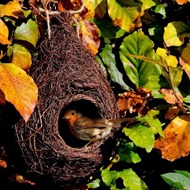












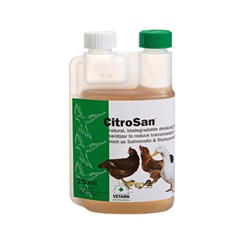












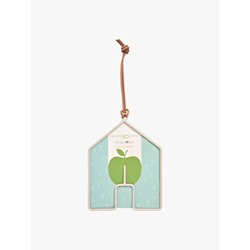

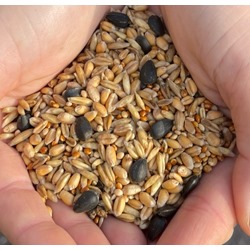




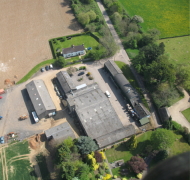






















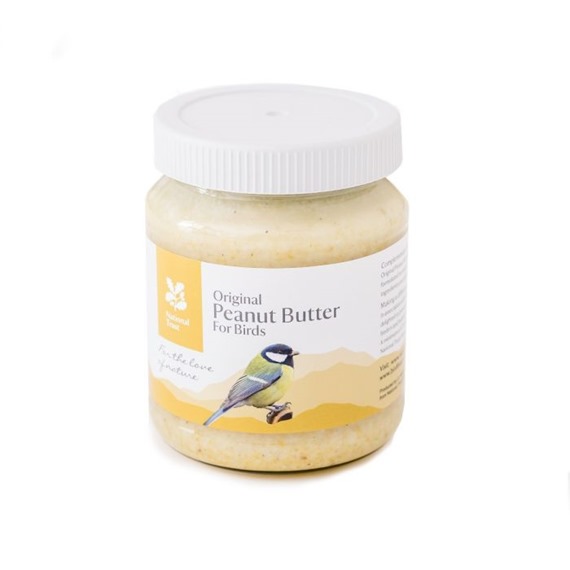 National Trust Peanut Butter
National Trust Peanut Butter 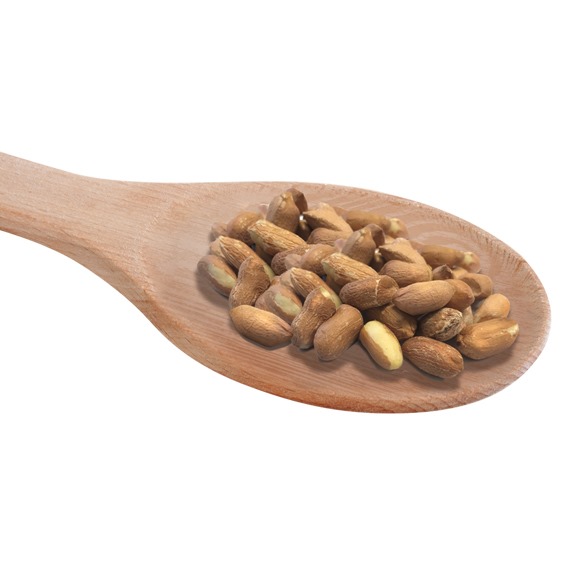 Classic Peanuts
Classic Peanuts 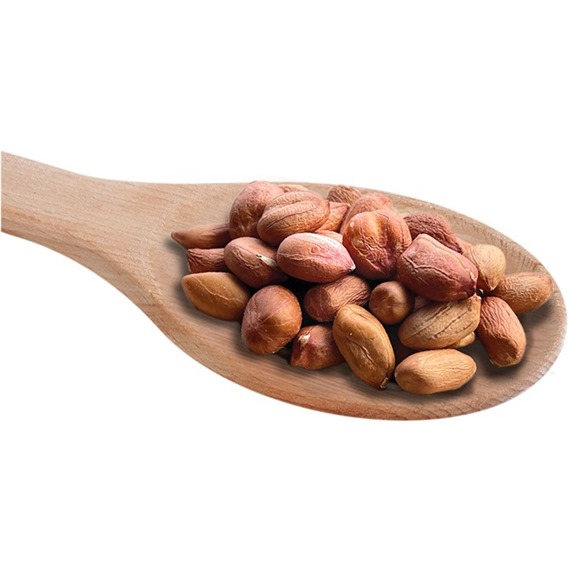 Premium Peanuts
Premium Peanuts 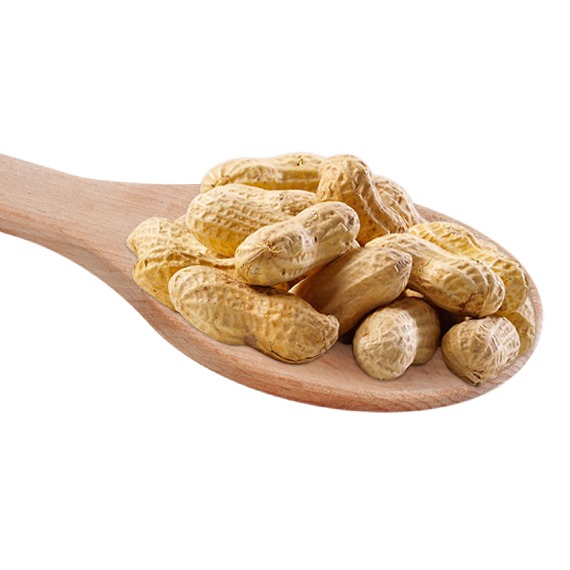 Peanuts in Shells (Monkey Nuts)
Peanuts in Shells (Monkey Nuts) 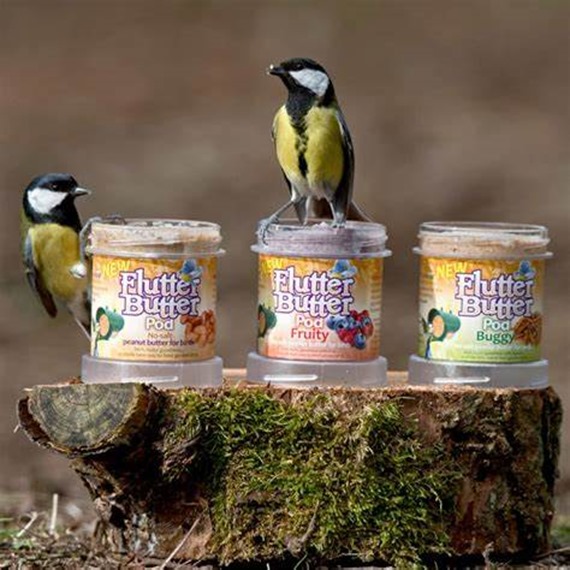 Flutter Butter Pods
Flutter Butter Pods 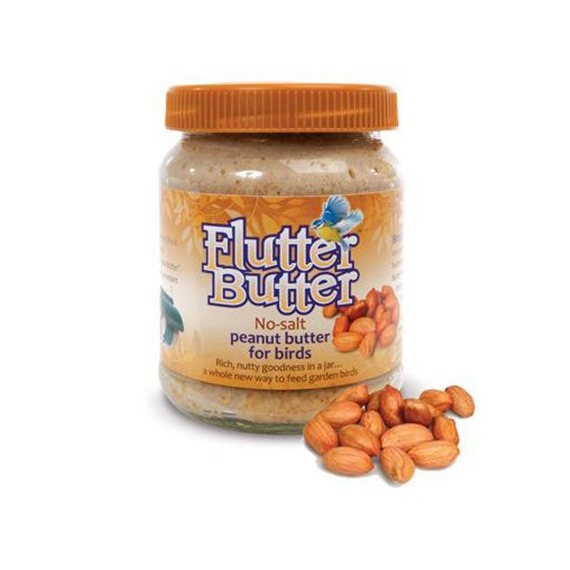 Flutter Butter Jars
Flutter Butter Jars 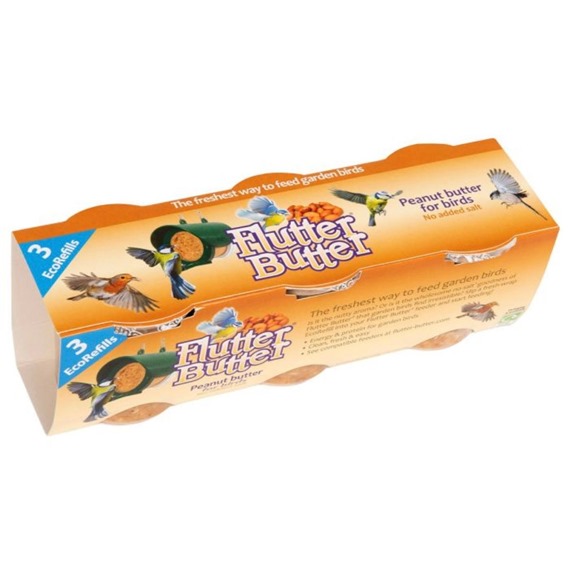 Flutter Butter EcoRefills - 3 x 140g
Flutter Butter EcoRefills - 3 x 140g 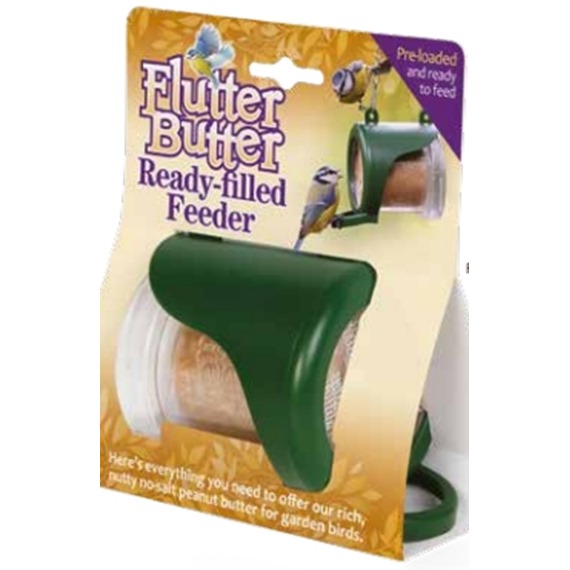 Flutter Butter® Ready-filled Feeder
Flutter Butter® Ready-filled Feeder 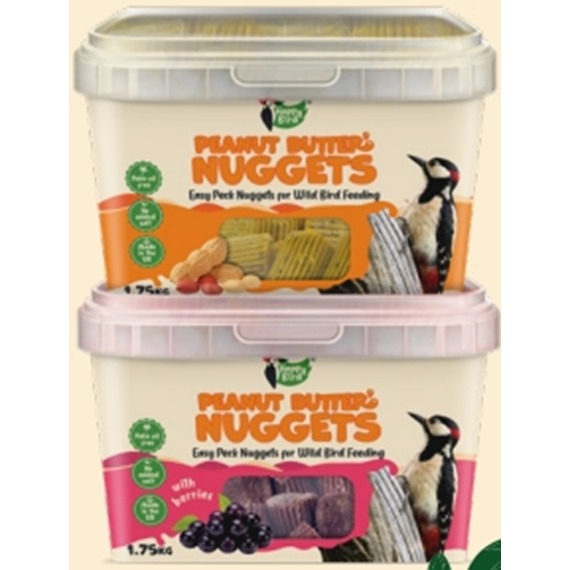 Happy Bird Peanut Butter Nuggets 1.75kg
Happy Bird Peanut Butter Nuggets 1.75kg 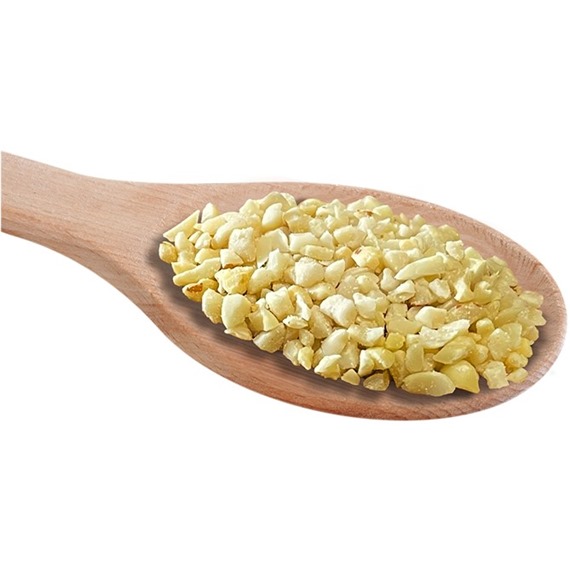 Peanut Granules
Peanut Granules 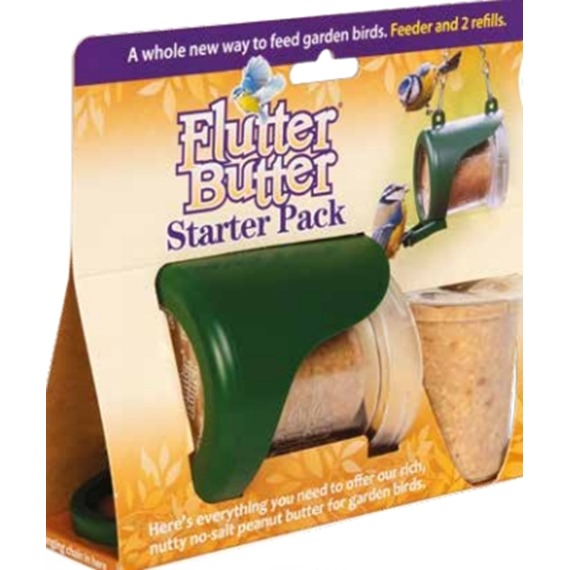 Flutter Butter® Starter Pack (incl. feeder)
Flutter Butter® Starter Pack (incl. feeder) 
